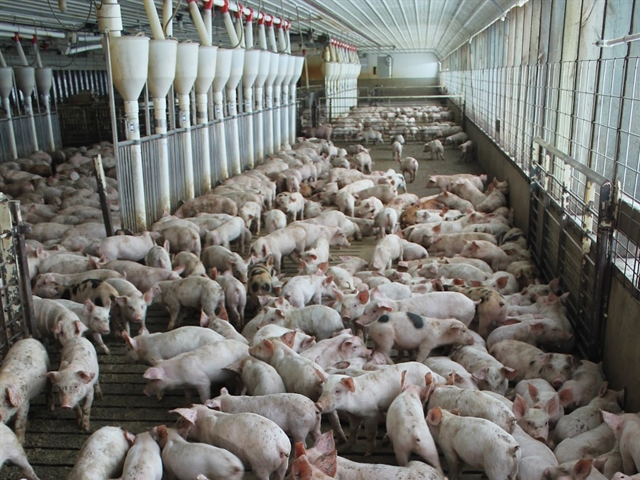Authorities in China’s Zhejiang province said it will cull 1,332 hogs after an African swine fever outbreak was reported in the city of Yueqing, the city government said in a post on its official Weibo account on Thursday.
Authorities have sealed off an area within 3 km (1.8 miles) from the pig farming community where the deadly disease was found, according to the statement.
The local government has also banned the movement of animals that can be easily infected inside and outside the affected area, and closed some live hog trading markets and slaughterhouses following the outbreak, the statement said.
China is home to the world’s largest pig herd and the case in Yueqing, a city under the jurisdiction of the nearby city of Wenzhou, was the first confirmed outbreak in the eastern province of Zhejiang and the country’s fourth in a month.
The latest cull will bring the total number of pigs deliberately killed to prevent African swine fever to over 25,000 in an effort to control the spread of the highly contagious disease, which was first reported in the city of Shenyang in the northeastern province of Liaoning just three weeks ago.
Two other cases have been reported in Henan in central China and Jiangsu province to the north of Zhejiang.
“It is unclear how this disease is moving through the country,” said the Swine Health Information Center, a U.S. research body. “It is appearing in a range of farms across swine dense areas. Trade in pigs, semen, and pork products are all possibilities.”
The virus which causes African swine fever is hardy and has been shown to remain infectious for at least 30 days in uninhabited pig pens, over four months in pork products, including salted dried hams, and indefinitely in frozen pig carcasses, it said.
“The hardiness of this virus, along with the fact it is found throughout the pig as well as its feces and saliva, means these leaps of the disease across large distances are possible.”














